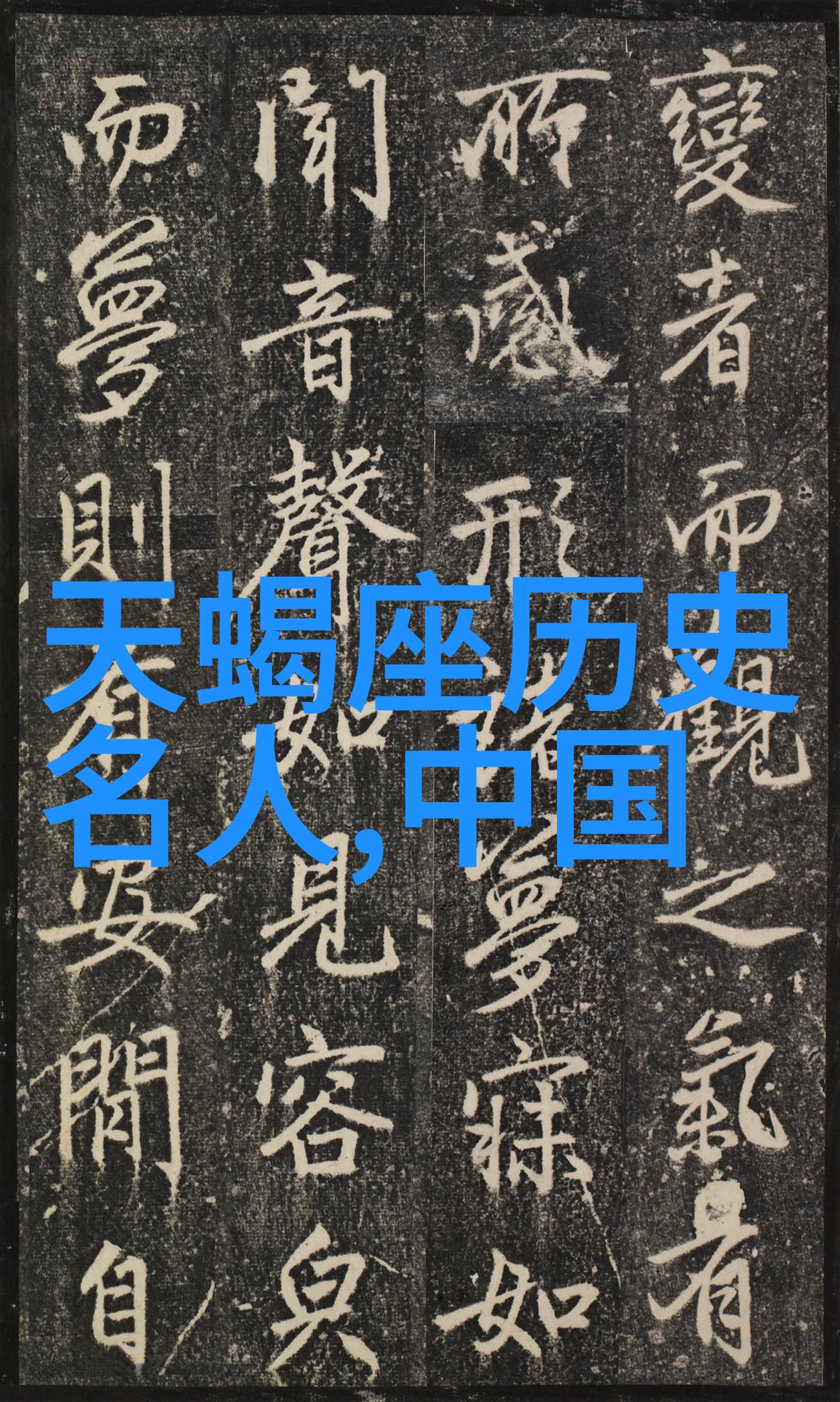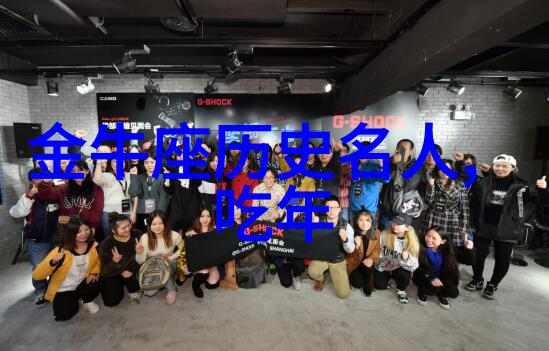公仪休,鲁国博士出身,因才学卓越而被推举为鲁国宰相。他的清廉自守和遵循法纪的品格,使他成为了后世传颂的楷模。他不仅在政治上有着卓越的表现,还深受学生青睐,教育出的学生多有成就。
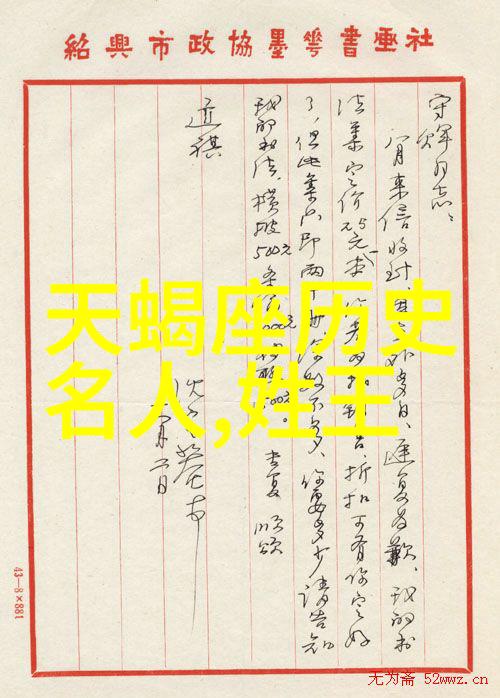
人物生平
公仪休,是春秋时期鲁国的一位著名官员。他以其高尚的学问和严谨的品行,被誉为“循吏”,即守法循理之吏。在司马迁《史记》中,他的事迹被记录下来,并被视作治国理政的一种典范。
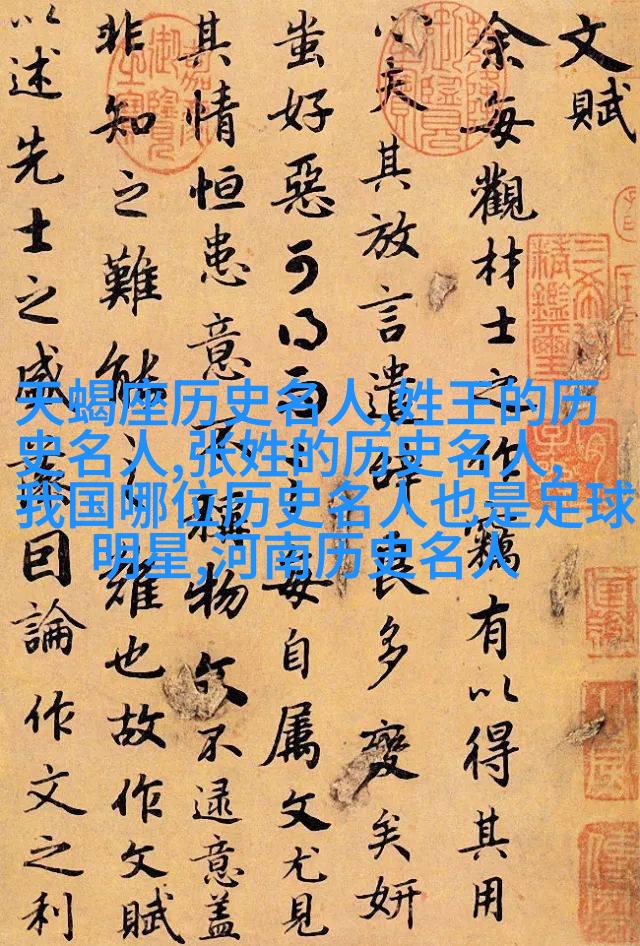
故事一
有一次,有人送鱼给公仪休,但他坚决不收。有人好奇地问:“您为什么不接受?”公仪休回答说:“正因为我喜欢吃鱼,所以不能接受。如果我现在收了你的鱼,却因为这件事而失去我的职位,那么我还能再享受到鱼肉吗?现在做宰相,我可以自己买到鱼,不需要别人的恩惠。”
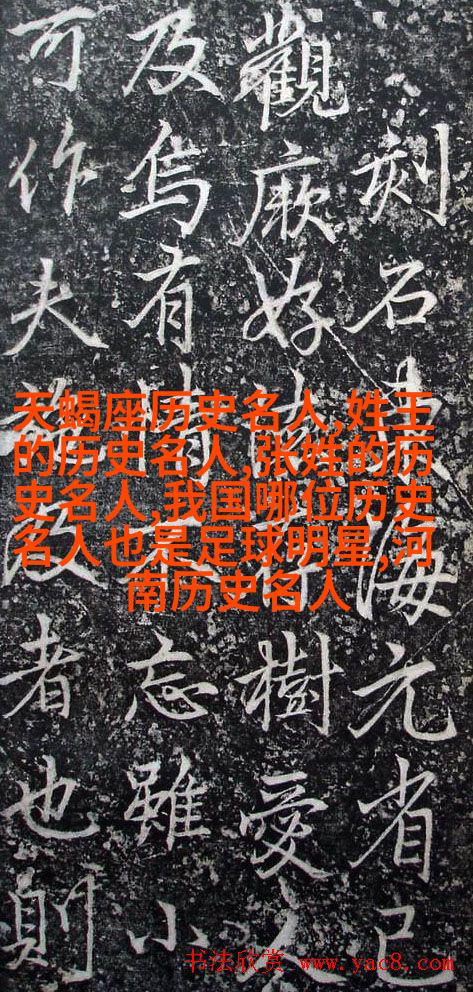
故事二
子明拜访老师公仪休时,见老师正在读书,恭敬地向老师致意。然而,当管家带来两条大鲤鱼时,公儀休却拒绝了。这让子明感到困惑,因为老师平常很喜欢吃鱼。然而,在子明追问之后,公儀休解释说:“如果我收下了别人的礼物,就会违背国家的法律,这样我可能会丢掉我的职位。而且,如果没有这个职位,我还能得到这些礼物吗?所以,即使我喜欢吃魚,我也不能接受。”
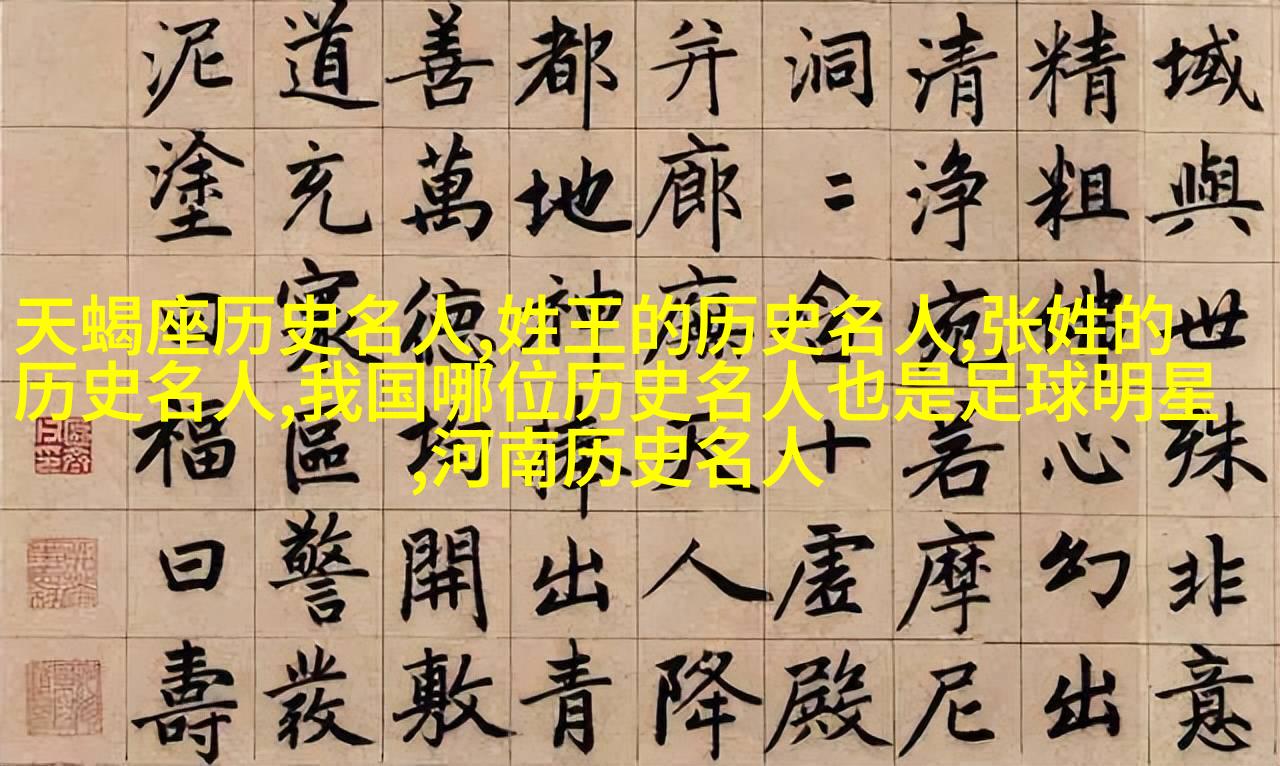
评价与影响
对於public servant to reject gifts, especially fish, was seen as a way of maintaining integrity and avoiding corruption. This story has been passed down through the centuries as an example of how one can maintain their integrity in the face of temptation. It is a reminder that even those in positions of power must remain vigilant against corruption and uphold the law.
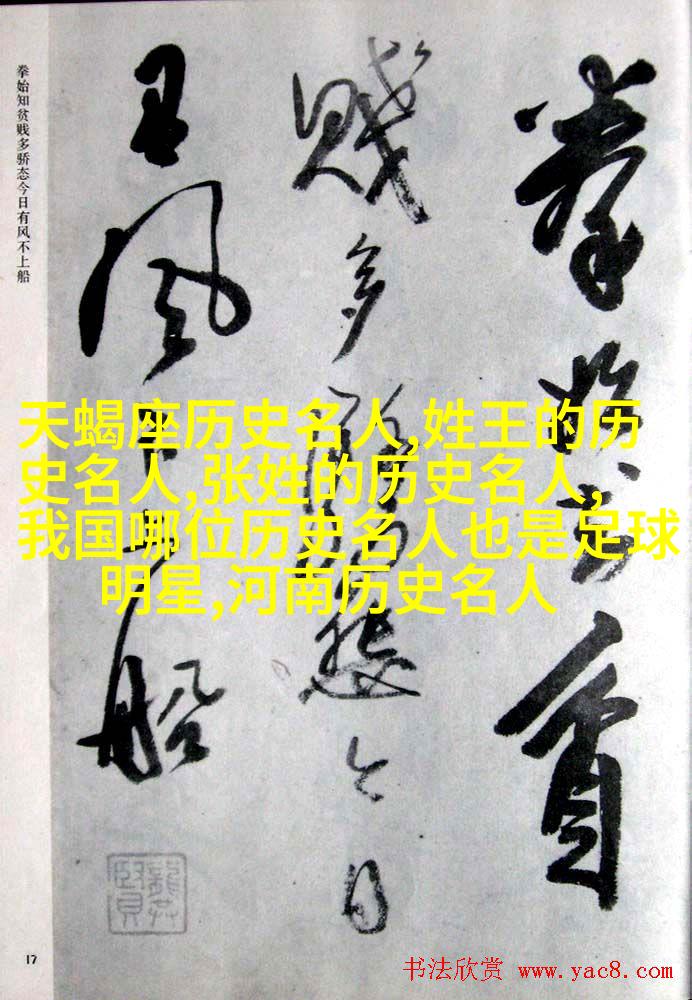
Public servant's refusal to accept gifts was seen as a way of maintaining his integrity and upholding the law. This story has been passed down through the centuries as an example of how one can maintain their integrity in the face of temptation. It is a reminder that even those in positions of power must remain vigilant against corruption and uphold the law.
The story also highlights public servant's commitment to principle over personal gain or pleasure. He refused to accept gifts because he knew it would compromise his position and potentially lead to corrupt behavior. His actions were guided by a strong sense of duty and responsibility, rather than personal desire or greed.
In conclusion, Public Servant's refusal to accept gifts is not just about fish but about upholding principles, maintaining integrity, resisting temptations while serving for public good which makes him stand out among others during that era

